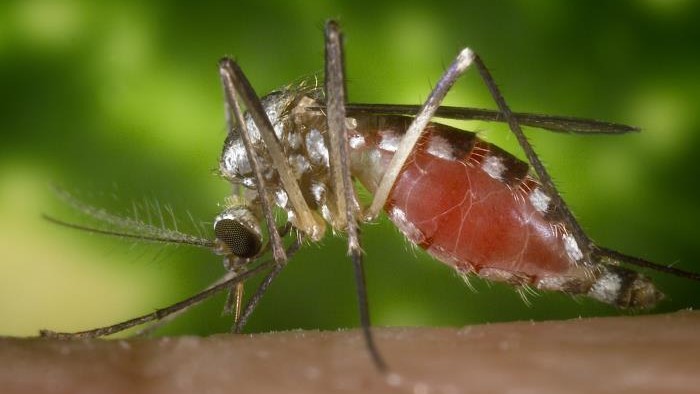Early-Life Trauma May Help with Managing Stress Later

Stress in one generation can lead to problems in that generation's offspring, but it may also pass certain benefits on to future generations, new research in mice suggests.
Studies have shown that, in humans, trauma in early life can lead to psychiatric disorders, such as depression, in adulthood. Prior research has also suggested that the descendants of people who experience trauma early in life may also experience mental health problems and other issues as well.
"We've been interested in the effects of traumatic stress for several years, and showed that the effects are multiple but mostly negative," said study co-author Isabelle Mansuy, a researcher at the University of Zurich in Switzerland. "We wanted to see if there are also positive effects that could be transmitted" to offspring, she said.
In the study, the researchers investigated the effects of stress on female mice and their pups. They repeatedly and unpredictably separated the female mice from their litters for two weeks. During these separations, the researchers placed the mothers under stress by either restraining them or forcing them to swim. Then, they reunited the moms with their male pups, and allowed the pups to mature under the nurturing of these stressed mothers. [11 Tips to Lower Stress]
The scientists found that the offspring of these male pups were better at persisting on a behavior test that rewarded them with a sweet treat if they delayed choosing between two options. These offspring were also better at changing their behavior when the rules for getting a drink changed during experiments.
"In a challenging situation when food or water is at stake, [the pups raised by stressed mothers] can have an advantage and be better adapted to solve a difficult task," Mansuy said.
The investigators also looked for a type of chemical change in the mice's genes, called methylation. Under some circumstances, molecules called methyl groups are added to DNA strands, which can silence the activity of a gene.
Sign up for the Live Science daily newsletter now
Get the world’s most fascinating discoveries delivered straight to your inbox.
The researchers found that the offspring of the stressed male pups had methylation changes to a gene that prior research suggested is heavily linked to stress responses.
Methylation is an example of what scientists call an epigenetic effect, which means the change does not cause an alteration in the DNA sequence itself, but can still be passed on to the next generation. This is thought to be one way that the environment can alter a person's genetic activity. For instance, past studies have suggested that Dutch women who were malnourished through post-World War II famines during their last few months of pregnancy had children who were generally small throughout their lives; whereas among the women who starved during the first few months of pregnancy, their children often suffered from higher rates of obesity.
Prior studies in humans had shown that "people traumatized in early life can be more resilient to stress when exposed [to stress] later in life," Mansuy said. "They are less affected because they are somehow more used to stress, are emotionally and physiologically less responsive, and may have developed coping strategies that help them manage stress."
These findings suggest that stress can have both positive and negative epigenetic effects on descendants, the researchers said.
"It depends on the degree, nature and duration of stress," Mansuy said. "Moderate and controllable stress in early life can be positive because it can make someone more alert, better prepared, with better strategies and, in general, less sensitive and less hyper-reactive. However, strong stress, repeated violence, abuse and maltreatment are negative. I don't think that anyone physically or sexually assaulted during childhood will get any benefit from such a traumatic experience."
"I caution the public to not believe that stress in early life is good," Mansuy said. "Childhood stress is disastrous and highly detrimental at all levels. But in some conditions later in life, it may help [people] develop some strategies to more efficiently adapt to challenging situations."
If these findings in mice hold true with humans as well, perhaps drugs targeting epigenetic changes might help traumatized people and their descendants, Mansuy said. Epigenetic drugs are currently used to treat people with cancer.
The scientists detailed their findings online Nov. 18 in the journal Nature Communications.
Follow Live Science @livescience, Facebook & Google+. Originally published on Live Science.










